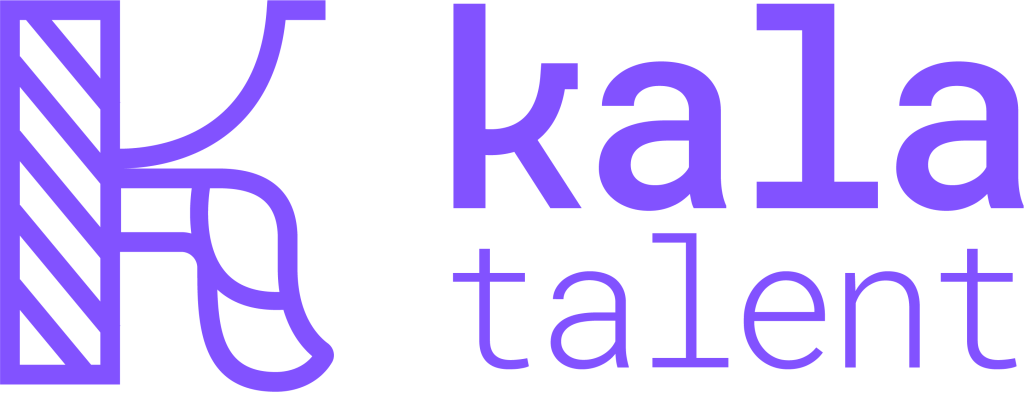Hiring processes are changing. More and more US-based companies are adding assessments as part of their evaluation process. If you’ve been asked to complete one, take it as a good sign: it means you’ve already passed the first filters, and the company likes your profile. Now, they just need to confirm that your skills match the job. Nowadays with AI everyone can built a perfect Resume for a specific role in seconds but, make sense they need to see you in action.
But what exactly do these assessments look like, and what are companies really testing when they send you a case study?
Why companies use assessments
Assessments give hiring managers a way to see your skills in action instead of relying only on your résumé or interviews. They’re not just checking if you know the theory, they want to know how you’d actually perform in situations similar to the role.
It’s also a way for founders and hiring teams to compare candidates on something objective. While interviews can be influenced by personality, energy, or nerves, a case study or coding challenge produces a piece of work they can evaluate side by side.
So, when you get an assessment, keep this in mind: it’s less about “proving you’re perfect” and more about showing how you think, approach problems, and communicate solutions.
Common types of assessments by role
🔹 Tech Roles (Developers, Engineers, Data)
- Coding challenges on platforms like HackerRank or Codility.
- Live coding sessions with an interviewer watching you solve a problem.
- Take-home projects (e.g., building a simple feature, writing an API, or cleaning a dataset).
Here, companies test not only your technical knowledge but also your problem-solving approach and how clean/efficient your code is.
🔹 Marketing Roles
- Case studies about a fictional brand or client.
- Campaign proposals (e.g., “How would you launch this new product on social media?”).
- Content samples such as writing blog posts, ad copy, or email flows.
For marketers, it’s all about creativity, strategic thinking, and clarity in execution.
🔹 Client-Facing Roles (Sales, Customer Success, Account Management)
- Scenario-based questions: “What would you do if a client is unhappy with X?”
- Role-plays with a manager acting as the client.
- Presentation tasks where you explain a solution or pitch.
These tests focus on your communication skills, empathy, and ability to stay calm under pressure.
🔹 Operations & Business Roles
- Problem-solving exercises around efficiency, scaling, or costs.
- Spreadsheet challenges (forecasting, budgets, reporting).
- Process design tasks (e.g., “How would you improve onboarding?”).
Here, companies look for structured thinking and attention to detail.
Different formats you might encounter
Assessments can come in different shapes, and it’s good to know what to expect:
- Take-home projects (a document, deck, or code you complete on your own).
- Platform-based tasks (like coding tests or marketing simulations).
- Live assessments (role-plays, coding with someone watching, problem-solving interviews).
Most assessments shouldn’t take more than 3 hours. If a company asks for something more complex, like a multi-day project or a full campaign proposal the best practice is that the company should pay you for your time.
For example: Some companies offer gift cards instead of money as a way to show respect and value your time as a candidate.
What founders are really testing
Here’s the key: the test is not only about the final answer. Companies are also looking at:
- How you think: Do you break down problems logically? Do you have a structured approach?
- How you communicate: Is your work easy to understand? Can you explain your reasoning clearly?
- Attention to detail: Did you follow instructions carefully, or miss key requirements?
- Creativity and initiative: Do you bring fresh ideas to the table, or just stick to the basics?
- Time management: Can you deliver quality work within the expected timeframe?
Sometimes founders even design assessments to see if you’ll ask clarifying questions. This shows that you’re thoughtful and not afraid to reach out when instructions aren’t clear, a skill that’s very valuable in remote teams.
How to approach an assessment successfully
✅ Read the instructions carefully. Many candidates fail because they miss small details (like file format or word limits).
✅ Show your thinking. Even if you don’t land on the “perfect” solution, explain your reasoning. Hiring managers want to see how you approach problems.
✅ Keep it simple and clear. Don’t overcomplicate. A well-structured, easy-to-follow answer is often more impressive than a flashy but confusing one.
✅ Mind the time. If the task is supposed to take 2 hours, don’t spend 10. Companies want to see how you prioritize and manage deadlines.
✅ Add a personal touch. Where possible, bring in your unique perspective. This can make your work stand out among similar submissions.
Final thoughts x✨
Getting to the assessment stage is a positive sign: the company already likes your background and sees you as a strong candidate. Now, it’s about showing them how you’d perform in real scenarios.
Remember: assessments aren’t meant to trick you, they’re meant to mirror the challenges you’d face on the job. Approach them with curiosity, focus, and professionalism.
And one last tip: don’t hesitate to ask upfront how long the test should take and if compensation is provided for longer assignments. A good company will value your time as much as your skills.
Assessments are becoming standard in US-based hiring, and while they can be nerve-wracking, they’re also your chance to shine. Think of them as your opportunity to demonstrate not just what you know, but how you think, collaborate, and solve problems, the things that really matter on the job.



